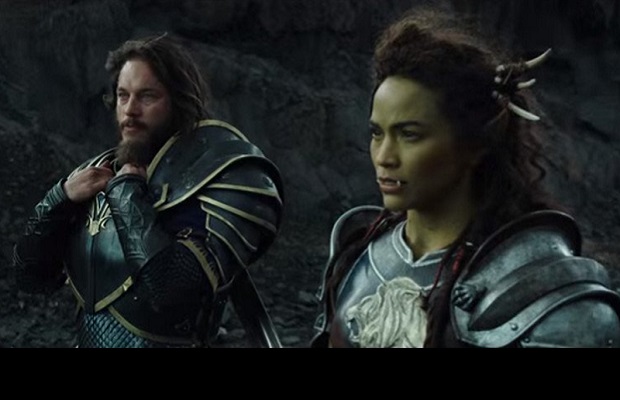Trailers account for less than one quarter of content shared from film-related websites according to new research.
The study, from RadiumOne, also found that action films are the most reliant on trailers, mobile and dark social for sharing.
An analysis of over 262,000 instances of content shared from film-related sites revealed trailers account for just 23% of shares, behind film reviews (27%) but ahead of information about the cast (13%). Together, these three topics account for nearly two-thirds (63%) of film content shared.
Sharing differs by genre
However, what content is shared differs greatly by genre. Action films are the most reliant on trailers – accounting for 31% of action shares – whilst family films are the least reliant (15%). Comedy relies most heavily on reviews (32%), drama films the least so (14%). Action films are also the most reliant on cast info (18%) whilst comedy are the least reliant (just 7%).

“Whilst the trailer will always be a pivotal part of marketing films, the rise of user-generated content, online word of mouth, apps and countless ways to stream content presents a huge challenge when trying to understand what marketing channels are driving ticket sales,” says Craig Tuck, RadiumOne’s UK managing director. “Film marketers need to ensure they pay attention to the other 75% of viral content being shared that could be harnessed to drive people to the cinema rather than waiting for release on home video formats. It’s also vital to realise that the perfect mix will differ significantly by genre – a successful recipe for promoting an action film could have a very different flavour for that of a drama, for example.”
Sharing: how and when?
Channels: 80% of film content is shared via private, Dark Social channels such as email, text and instant messaging – compared to just 15% via social networks. Action films are the most reliant on Dark Social (85% of action shares), comedy the least reliant (76% of comedy shares)
Device: 36% is shared via mobiles – action films are the most reliant on mobile sharing (54% of action shares), drama the least reliant (29% of drama shares)/
When: sharing behaviour steadily increases in the build up to the film’s release, increasing dramatically a week before and peaking 1-2 days after. However, unlike other genres, comedy film sharing tends to be concentrated after release.
“Sharing behaviour online is a goldmine for marketers as it indicates a strong degree of intent among important “hand raisers” but also a valuable additional layer of audience – the people they identify as also being interested by sharing content with them,” says Tuck. “Both groups can be targeted with relevant messages across the web – whatever sites they may be visiting – but it’s vital not to focus only on social networks as marketers’ risk missing up to 80% of their potential audience who engage in Dark Social sharing.”
Methodology
RadiumOne analysed over 262,000 instances of content shared from film-related websites via the sharing widgets that appear around articles.

